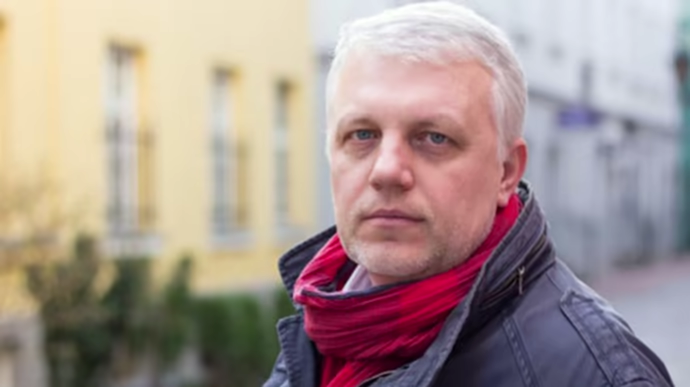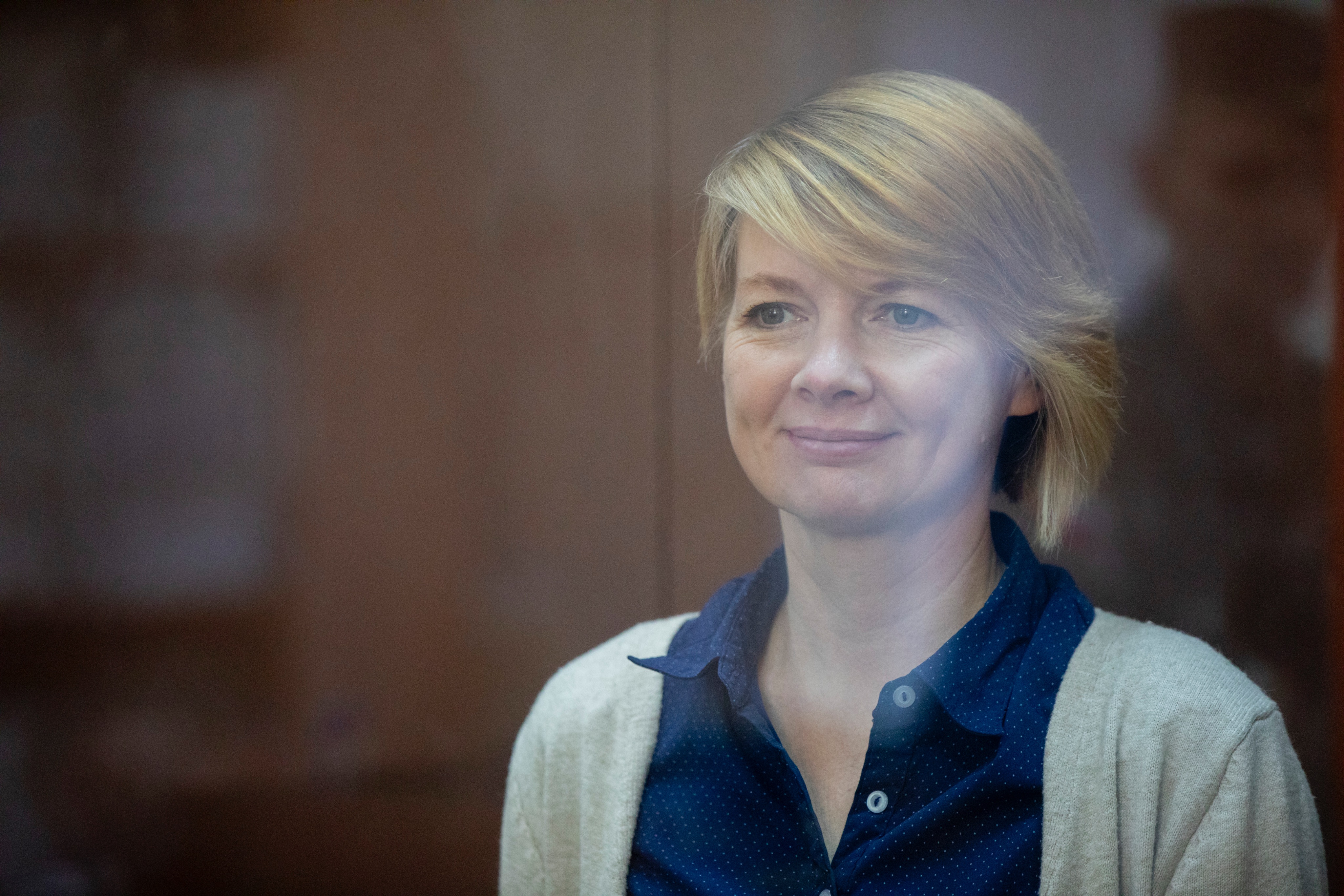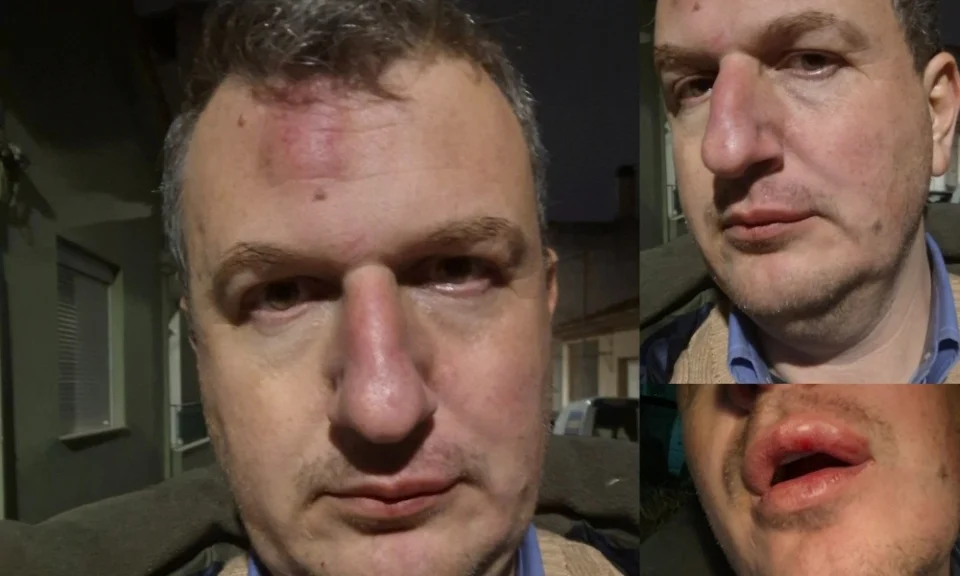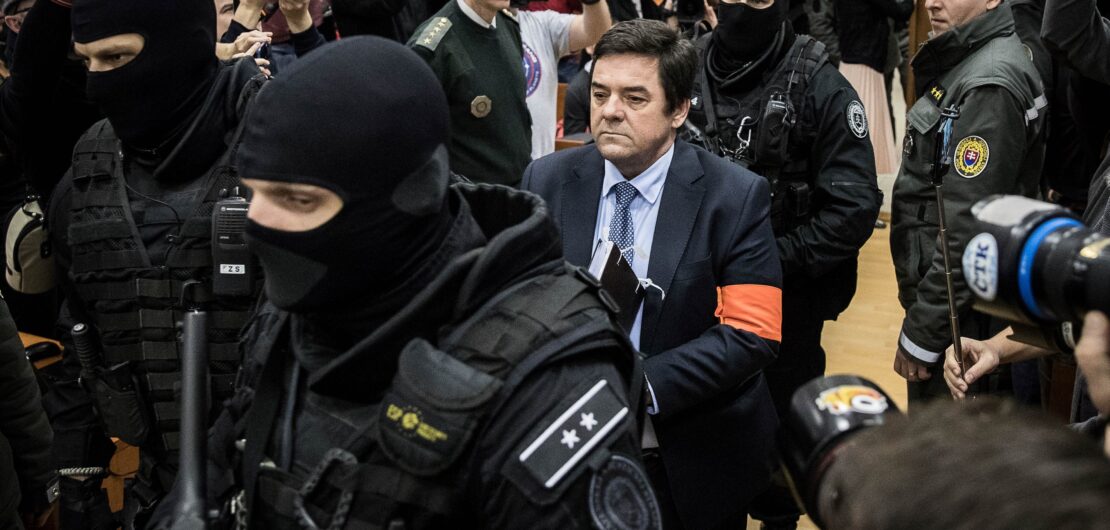
Russian Forces Detain Ukrainian Journalist Anastasiia Volkova in Occupied Melitopol
July 29, 2025
Wave of Black Journalists Exit Washington Post Amid Editorial Shift and Diversity Concerns
July 30, 2025July 29, 2025 – Russia –
A court in Ufa, Bashkortostan, has sentenced Olga Komleva, a journalist and activist, to 12 years in prison. She was convicted on charges of participating in an “extremist organisation” and disseminating “false information” about the Russian military. The verdict comes after a closed trial, during which Komleva was found guilty under Article 282.1(2) of the Russian Criminal Code for her past volunteer work with the now-banned Anti‑Corruption Foundation founded by Alexei Navalny. She was also convicted under Article 207.3(2) for allegedly spreading misinformation regarding military operations. The judge in the Kirovsky District Court of Ufa imposed a sentence slightly under the 13 years prosecutors had requested.
Komleva, 46, had volunteered for the Navalny campaign in Ufa from 2017 until the organisation was declared extremist in 2021. She also worked as a journalist with the independent outlet RusNews, covering protests and incidents in Bashkortostan and throughout Russia. Multiple raids on her home occurred in recent years, and she was fined heavily by authorities connected to state security forces. Before her arrest in March 2024, Komleva had already been fined over five million rubles for her political activities. She reportedly suffers from diabetes and faced serious health challenges while in detention.
Her sentencing marks yet another escalation in Kremlin-led repression against dissent. Since the Russian invasion of Ukraine in 2022, officials have targeted opposition journalists, activists, and legal professionals, including multiple former Navalny associates who face lengthy jail terms. Komleva’s case mirrors broader trends where peaceful criticism and independent reporting are being legally punished as extremist activity.
International press freedom advocates have denounced the verdict. The CPJ, Reporters Without Borders, and other watchdogs reiterated that targeting journalists for political affiliations undermines basic human rights and violates international law. They urged Komleva’s immediate release and called for broader protections for independent journalism within Russia.
Komleva’s supporters praised her resilience. At the announcement of her sentence, she appeared in the courtroom, waving and saying she loved her supporters. Her sentencing has drawn attention to the Kremlin’s tightened legal framework to criminalise dissent and punish journalists who report on corruption or challenge state narratives. As judicial and political pressure grows, the future of independent media in Russia remains increasingly perilous.
References –




